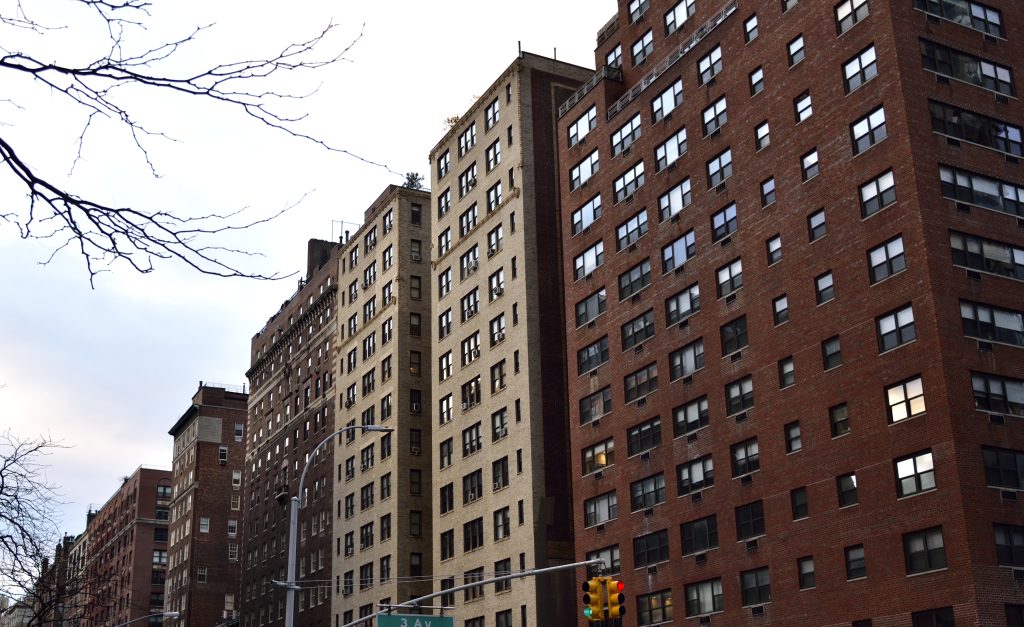Home to 13 Nobel laureates, inventors of Ball Point, Rubik’s cube, Vitamin C and many other great inventions, Hungary is one of the most affordable countries in Europe offering not only a rich cultural heritage but also a high-quality education has many prestigious universities that offer high-quality education in various fields. Moreover, Hungary is located in the heart of Europe, making it an ideal base for exploring other parts of the continent during your studying.
Home to 13 Nobel laureates, inventors of Ball Point, Rubik’s cube, Vitamin C and many other great inventions, Hungary is one of the most affordable countries in Europe offering not only a rich cultural heritage but also a high-quality education







WhatsApp us